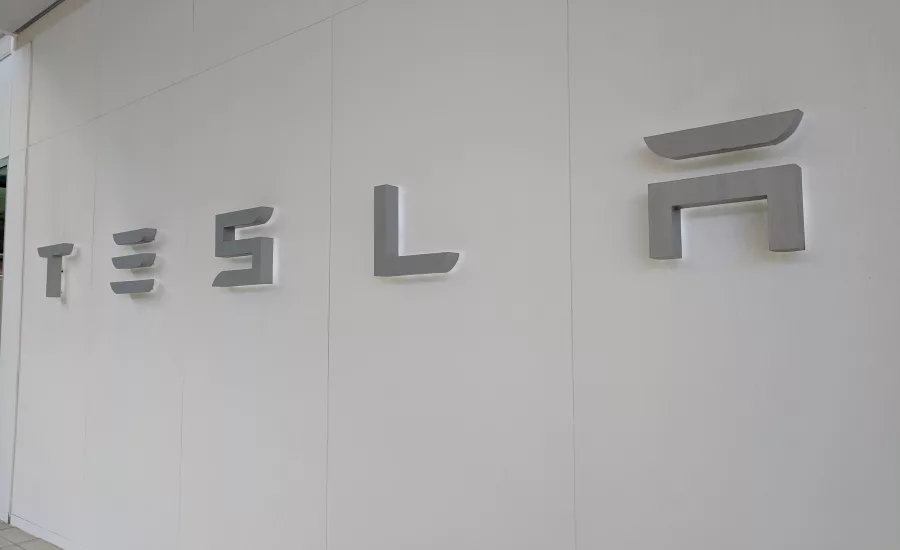Tesla Sees Small Decrease in Solar Deployment in Q2 2021

Amid material shortages creating backlogs for its Powerwall storage products, Tesla reported declining solar deployment in the past three months.
Tesla’s second quarter report for 2021 shows it deployed 85 megawatts of solar, down from Q1’s deployment of 92 megawatts. However, this is a 215% increase when compared to Q2 of 2020, where only 27 megawatts were deployed. According to its Q2 2021 report, Solar Roof deployments "grew substantially" both year over year and sequentially in Q2, though the report didn't provide figures.
Revenue for Tesla’s energy generation and storage business was reported at $801 million, much higher than it was in 2019 and 2020 (around $370 million both years). Aside from the pandemic causing lower numbers in the previous years, part of this growth can be attributed to Tesla packaging its Powerwall storage product with its Solar Roof and solar panels.
"Thus far, our solar + storage product remains very popular, and we continue to improve efficiency in our install crews," the Q2 report states.
Even with this success, Tesla is feeling the effects of the material shortages seen throughout the country. The global chip shortage is not only affecting its electric car production, but its Powerwall production as well.
“We have a massive backlog in Powerwall demand,” said Tesla CEO Elon Musk during the Q2 earnings call. “As that significant (chip) shortage is alleviated, then we can massively ramp up Powerwall production. I think we have a chance of hitting an annualized rate of a million units of Powerwall next year — maybe, on the order of 20,000 a week. Again dependent on cell supply and semiconductors.”
During the Q1 report, Musk said the company had made "significant mistakes" with its Solar Roof product that caused price hikes or installation delays for customers. In June, the company asked a Pennsylvania court to transfer a class-action lawsuit to California where similar cases were made.
News stories continue to report Tesla’s Solar Roofs being installed throughout the country. As more Solar Roofs make their way onto homes, they're proving they can endure real-world weather conditions, including the massive hailstorms seen in Texas earlier this year.
Good Faith Energy, a certified Tesla Solar Roof installer, posted a video about one of its customers following a nasty hail storm on April 23. The customer noted he didn’t see any significant damage to the roof, it was still producing solar energy, and was actually generating the most solar energy he had seen following the storm.
A Boost for Solar
Tesla, along with other roofing manufacturers in the integrated solar roofing business, may receive support from the federal government in getting more solar onto roofs. Representatives Mikie Sherill and Bill Pascrell, Jr. introduced the Revamping Appropriate Incentives for Solar Energy for (RAISE) the Roof Act, which would include integrated solar roofs in the solar investment tax credit (ITC).
As it currently stands, only traditional, large-scale solar panels qualify for the investment tax credit, and innovations like solar integrated roofing products are not covered. The bill has received support from trade associations like the Asphalt Roofing Manufacturers Association and National Roofing Contractors Association (NRCA).
"By modernizing the ITC, this critical piece of legislation will bolster the solar energy and home improvement industries, create 21st-century jobs for hardworking Americans across the country, and help to tackle climate change,” said NRCA CEO Reid Ribble.
Looking for a reprint of this article?
From high-res PDFs to custom plaques, order your copy today!







